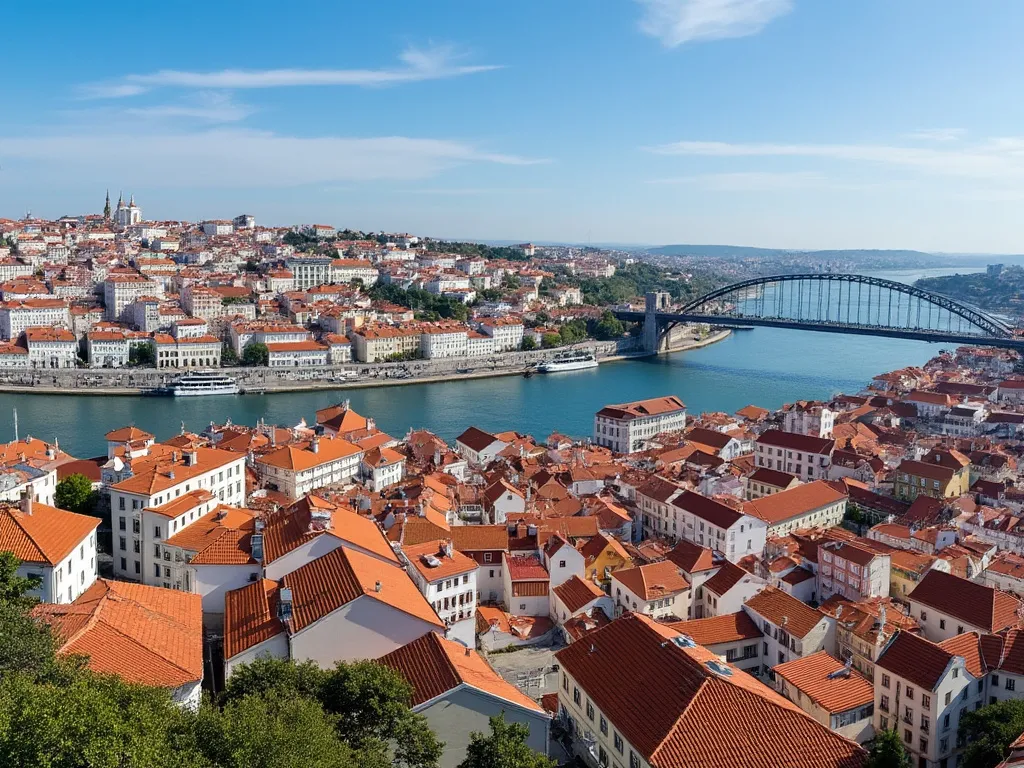
Lisbon, the capital city of Portugal, is a treasure trove of history, culture, and natural beauty. Located on the western coast of the Iberian Peninsula, Lisbon has been an important urban center for over 2,000 years. The city's rich history is reflected in its architecture, museums, and cultural landmarks, making it a popular destination for tourists and travelers.
Lisbon Information
| Country | 🇵🇹 Portugal |
| City Population | 505,526 |
| City Coordinates | 38.7223° N, 9.1393° W |
| City Area | 100.05 km² |
| Climate | Mediterranean climate |
| Language | Portuguese |
| Currency | Euro (€) |
| Time zone | Western European Time (WET) |
| Proximity to other major cities | Madrid (764 km), Porto (275 km), Valencia (946 km) |
Historical Background of Lisbon
Lisbon has a long and storied history, dating back to the Roman era. The city was an important trading center during the Roman Empire and was later conquered by the Moors in the 8th century. In 1147, Lisbon was recaptured by the Portuguese and became the capital of the Kingdom of Portugal. The city played a significant role in the Age of Exploration, with many famous explorers, including Vasco da Gama, setting sail from Lisbon's port.
Geographical Location of Lisbon
Lisbon is situated on the western coast of Portugal, where the Tagus River meets the Atlantic Ocean. The city is built on seven hills, which provide stunning views of the surrounding landscape. Lisbon's geography has played a significant role in its history, with the city's port serving as a major hub for trade and commerce.
Cultural Significance of Lisbon
Lisbon is known for its rich cultural heritage, which is reflected in its architecture, music, and art. The city is home to many museums, including the National Pantheon, the Calouste Gulbenkian Museum, and the Museum of Modern Art. Lisbon is also famous for its traditional music, known as Fado, which is a soulful and melancholic style of music that is often performed in the city's bars and restaurants.
Economic Importance of Lisbon
Lisbon is the economic hub of Portugal, with a strong focus on industries such as finance, technology, and tourism. The city is home to many major companies, including banks, startups, and tech firms. Lisbon's port is also an important center for trade and commerce, with many goods passing through the city on their way to other parts of Europe and the world.
Interesting Facts About Lisbon
- Lisbon is older than Rome, with a history dating back over 2,000 years.
- The city is home to the oldest bookstore in the world, the Livraria Bertrand, which was founded in 1732.
- Lisbon is known for its historic trams, which have been in operation since 1873.
- The city is home to the famous Belem Tower, a medieval fortress that is a UNESCO World Heritage Site.
Tourist Attractions in Lisbon
- Belem Tower
- Jerónimos Monastery
- Castelo de São Jorge
- National Pantheon
- Calouste Gulbenkian Museum
- Museum of Modern Art
Conclusion on Lisbon
Lisbon is a city that is steeped in history, culture, and natural beauty. From its stunning architecture to its vibrant cultural scene, there is something for everyone in this beautiful city. Whether you are interested in history, art, music, or simply exploring a new place, Lisbon is a destination that is sure to captivate and inspire.
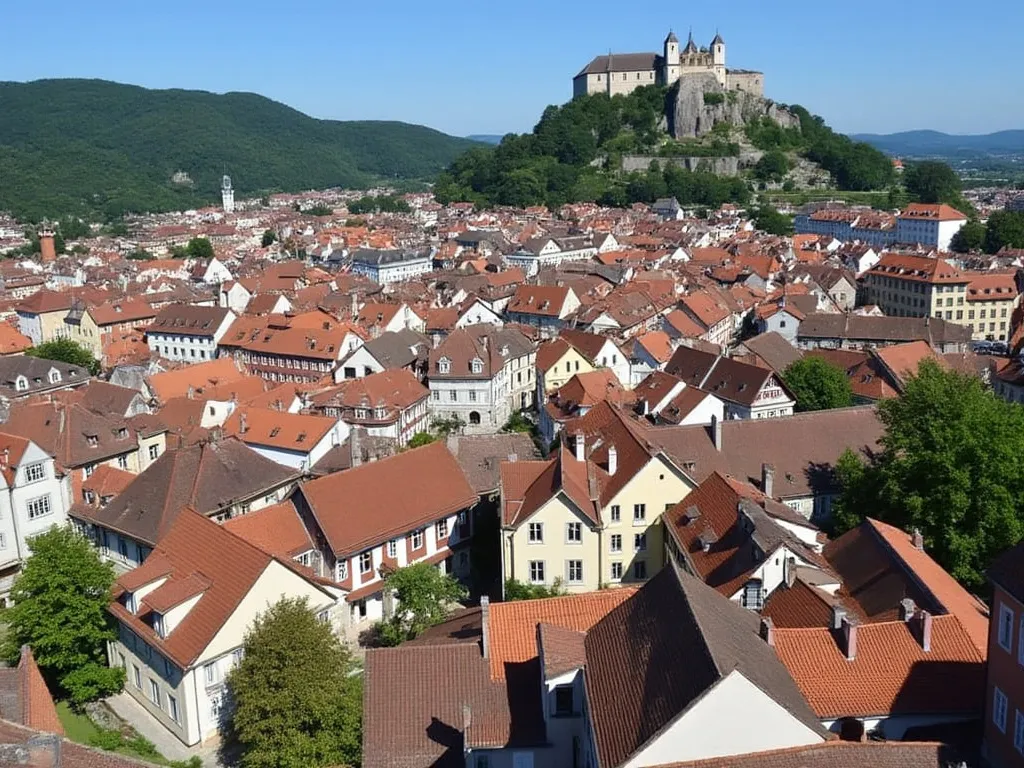 Ljubljana
Ljubljana
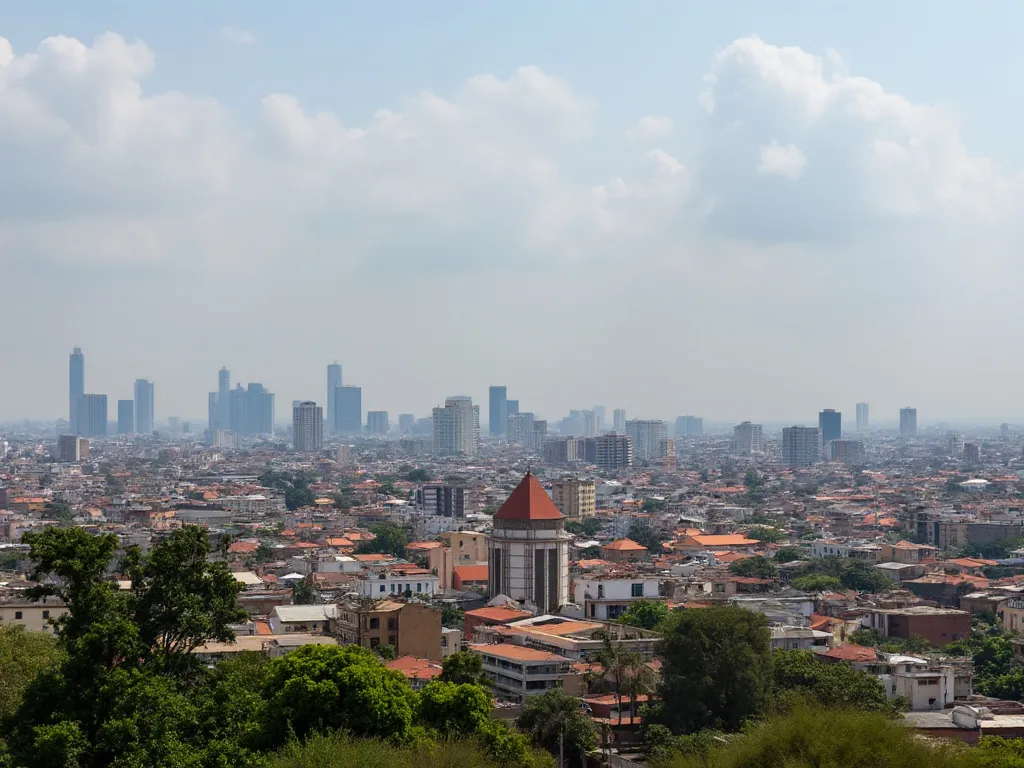 Lomé
Lomé
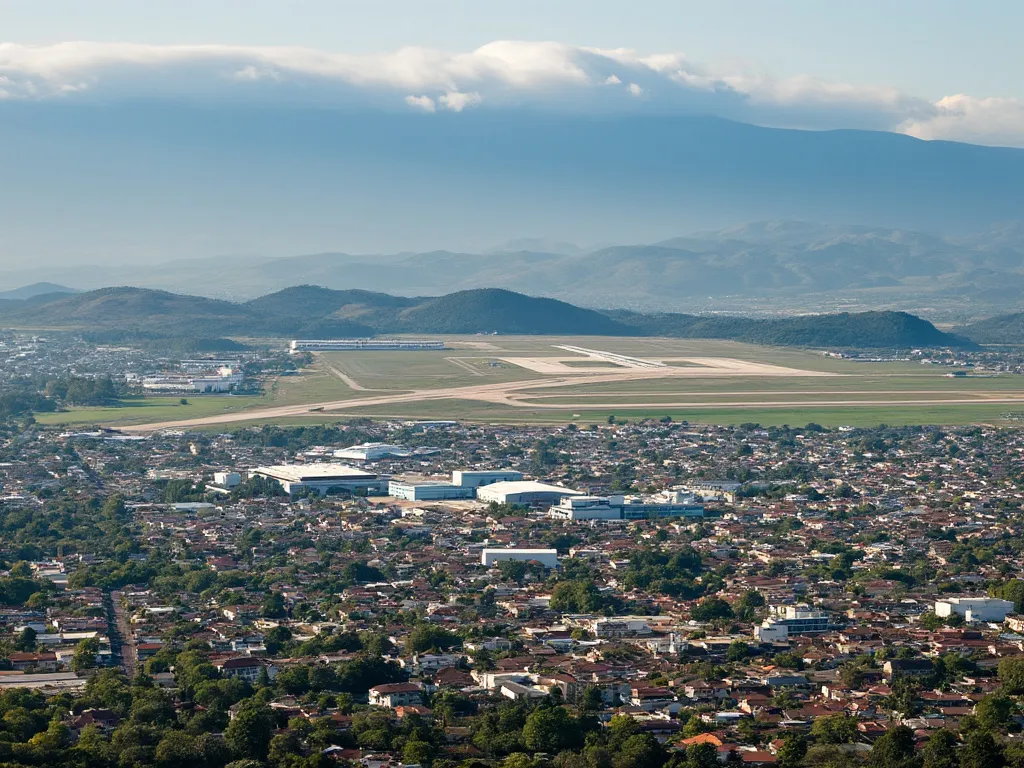 Lilongwe
Lilongwe
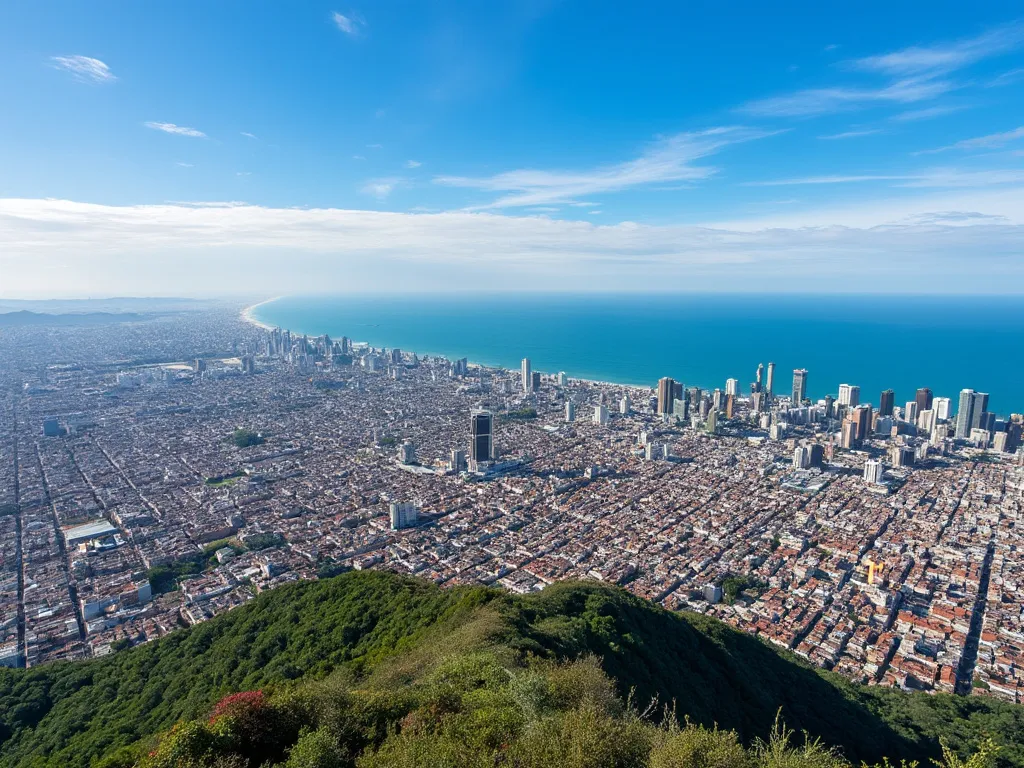 Lima
Lima